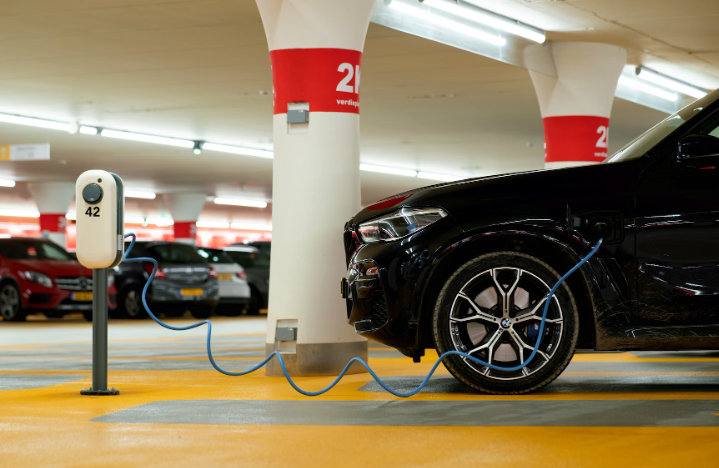Europe's Automakers Seek to Match PRC EV Prowess
During Munich's IAA ("Internationale Automobil-Ausstellung") mobility show, European carmakers, including Volkswagen, Renault, Mercedes Benz, and BMW, announced plans to rival Chinese companies in making affordable electric vehicles (EVs).

Facts
- During Munich's IAA ("Internationale Automobil-Ausstellung") mobility show, European carmakers, including Volkswagen, Renault, Mercedes Benz, and BMW, announced plans to rival Chinese companies in making affordable electric vehicles (EVs).1
- As demand for combustion engines — which made the continent a world car manufacturing leader for decades — declines in Europe, Chinese firms have gained the advantage by benefiting from state subsidies to produce cheaper battery cells.2
- Shares of all Chinese cars in the European market have jumped from 0.1% in 2019 to 2.8% in the first seven months of 2023. For EVs, China's share rose from 0.5% in 2019 to 3.9% in 2021 — also having taken 8.2% of the market so far this year by selling 86K battery electric cars.3
- According to research from Jato Dynamics, the average EV in China cost less than 32K euros ($35K) in the first half of 2022 compared with around 56K euros in Europe. Auto industry analyst Ferdinand Dudenhoeffer said PRC manufacturers are "world champions" at making batteries, which can make up 40% of an EV's cost.1
- As China's share of the European market has risen from 4% to 8% since 2021, European carmakers, too, have increased their presence in Asia — with 41% of exhibitors at this year's Munich event now headquartered on the continent.1
- Volkswagen has already created its automotive software company CARIAD, as well as partnered with Chinese EV startup Xpeng, joint venture partner SAIC, and autonomous driving company Horizon Robotics. CEO Oliver Blume said they're going to "invest heavily" in the PRC.2
Sources: 1Reuters, 2CNBC, and 3The Guardian.
Narratives
- Anti-China narrative, as provided by The Guardian. While Europe does have roadblocks when it comes to growing its EV market, it has nothing to do with a lack of vision or innovation from within its auto industry. Europe's historically dominant car manufacturers are behind because they haven't been given the government subsidies necessary to compete with China. However, if more Eurozone countries develop incentives like those seen in Norway since the 90s, they can take back their title of automaker kings.
- Pro-China narrative, as provided by Global Times. Volkswagen's $1.1B investment in Chinese EV manufacturing is just the tip of the iceberg, as other corporate powerhouses like Deloitte also plan on taking a piece of Beijing's growing EV pie. Between attracting foreign executives and offering government subsidies to its domestic companies, Beijing can only grow its share of the global EV market. China is outperforming the West regarding both EVs and economic prowess more generally—the proof is in Europe's desire to stay friendly with Beijing rather than choosing to be antagonistic like the US.






